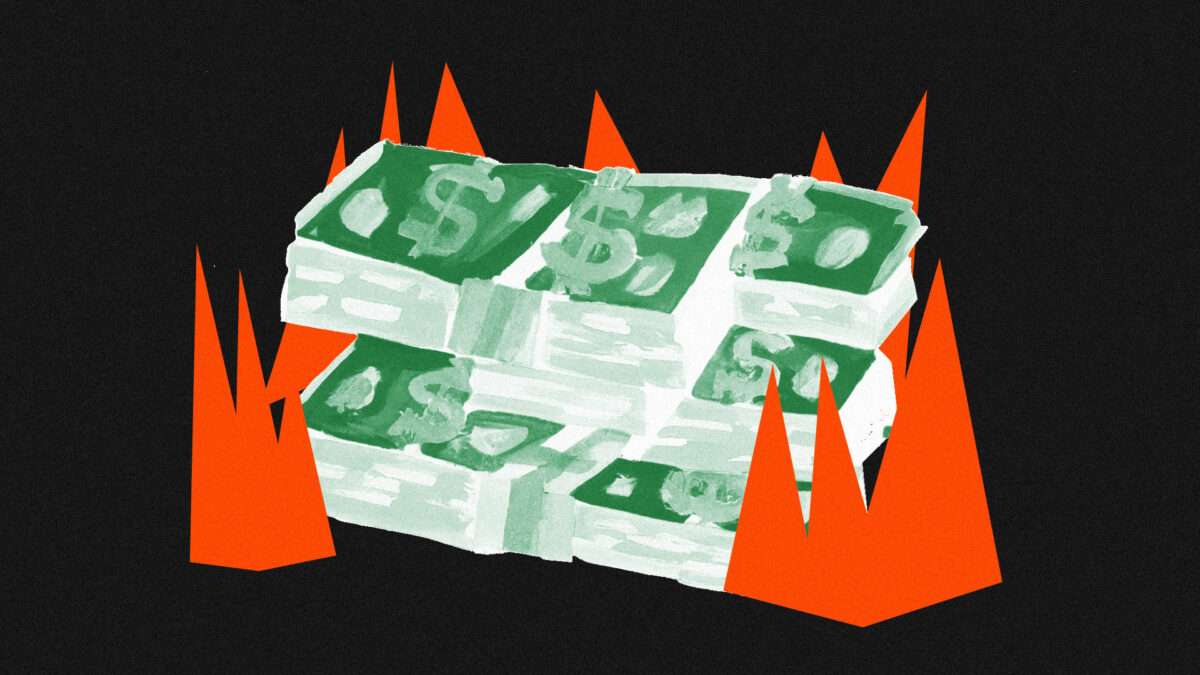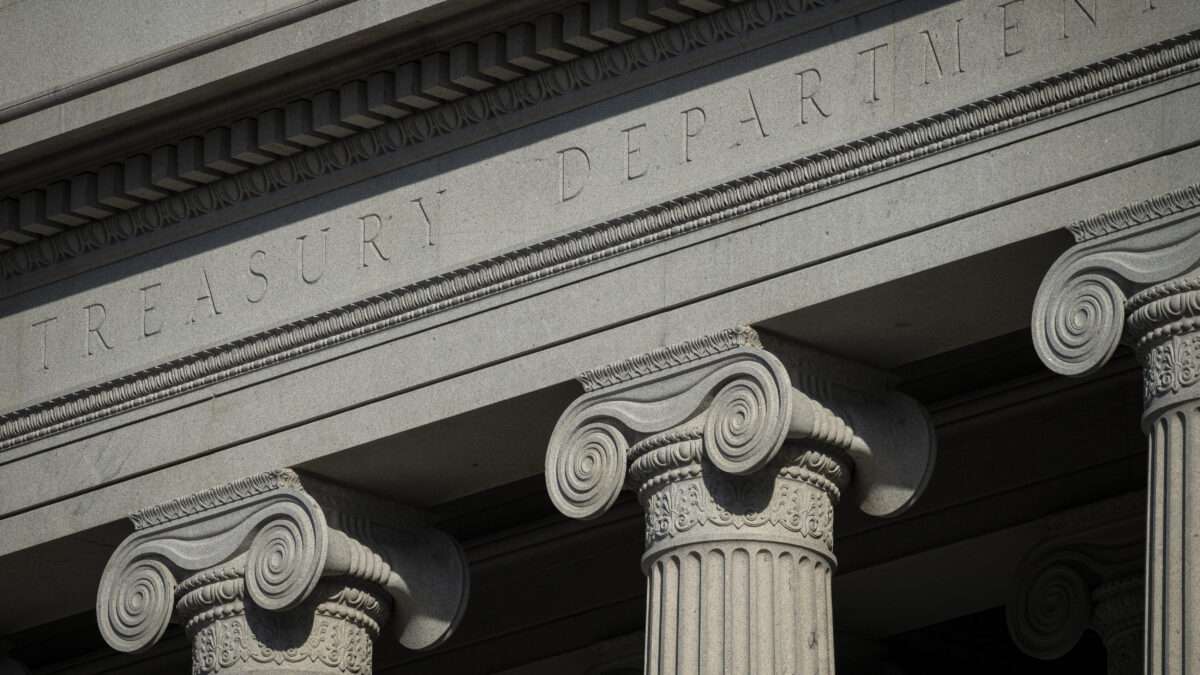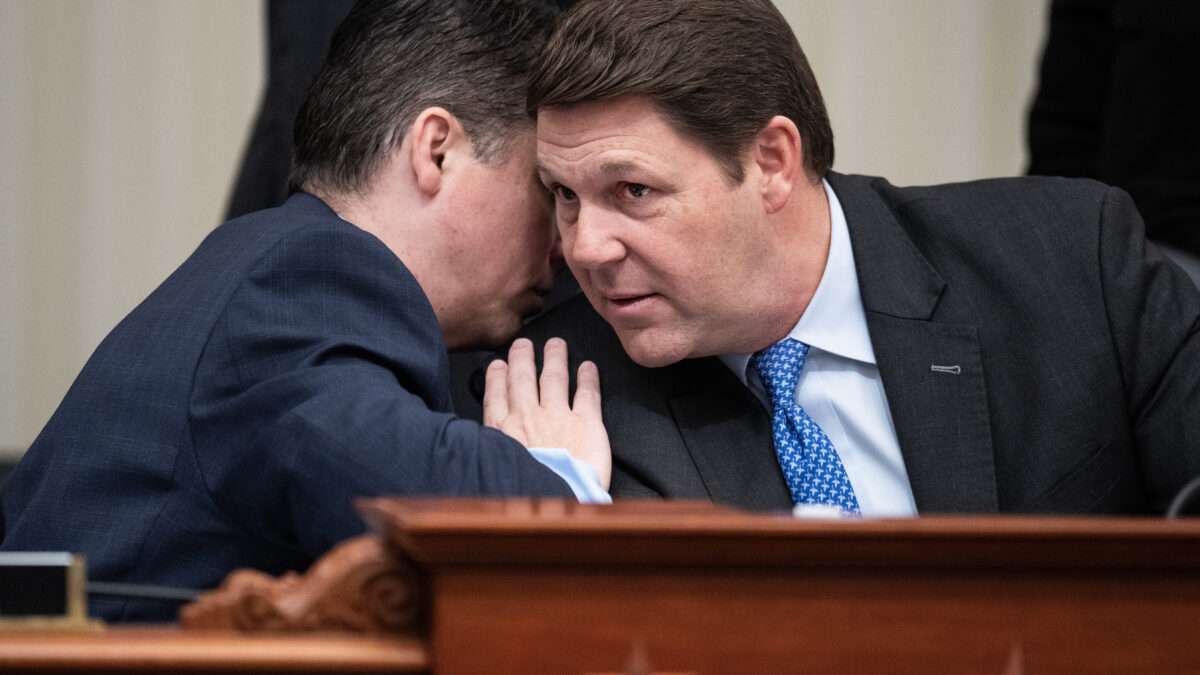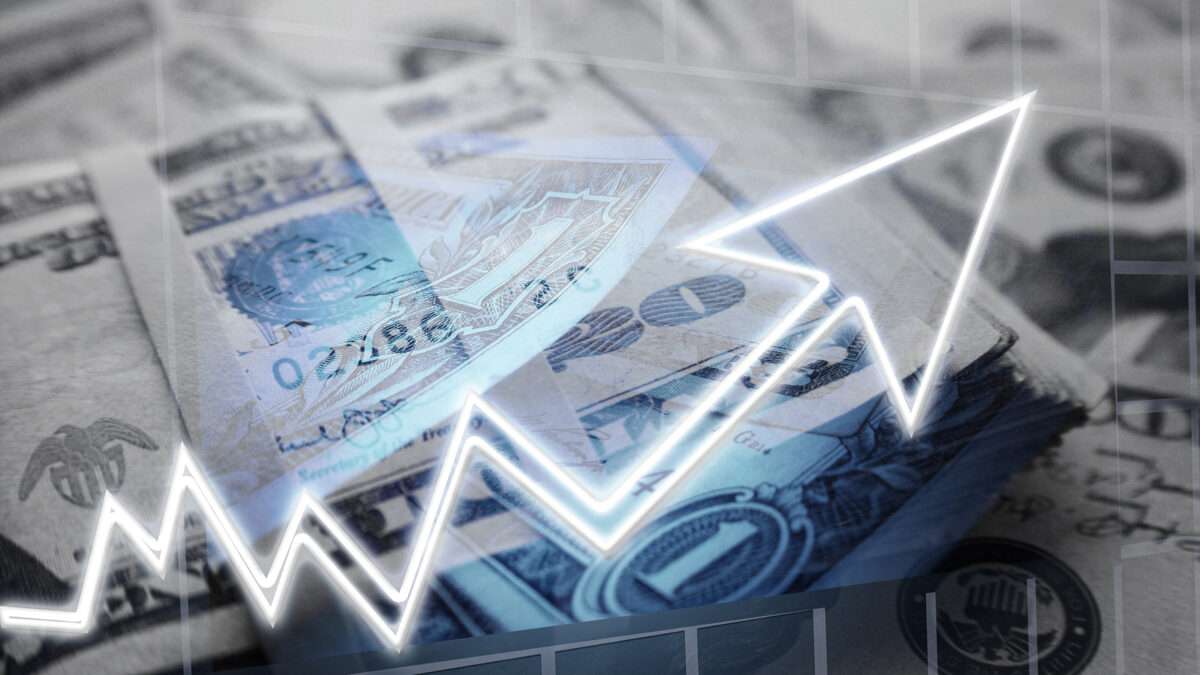J.D. Vance Wants To Control You With Taxes

Republican vice presidential nominee J.D. Vance has been in the news for an old clip of him talking about how the tax code should punish adults without kids. While Vance's proposal probably aims to address demographic concerns, it represents a misguided approach that contradicts fundamental principles of economic freedom and fairness.
And you know what? That's precisely what our tax code already does, in this case and many others.
Using the tax code to "reward" parents and "punish" nonparents is at odds with the idea of a neutral, efficient tax system. In an ideal and fair world, the tax base would be broad but taxed at a low rate. People making the same income should be paying the same level of taxes no matter how they choose to live their lives.
Unfortunately, the tax code is neither fair nor neutral. It punishes and rewards all sorts of behaviors based on what government officials decide is good or bad.
For instance, the tax code does, in fact, treat people with kids more favorably than it treats those who do not have kids.* There's the child tax credit, of course. Then there's the earned income tax credit, which is more generous for families with children than those without. And there is no shortage of other provisions, such as a very significant deduction for heads of households and another for dependent care, which do the same thing.
It's hard to know what Vance's proposal really entails. Does he want another surtax on childless parents? Does he want to expand the child tax credit and make it a universal basic income like many conservatives and progressives want? It's also unclear whether he is simply failing to see that our tax code already delivers on his wishes and punishes childless adults. Either way, I assume he is well intentioned and that he is rightfully concerned about the decline in fertility we are witnessing not just in this country but across the world.
Unfortunately, punishing childless parents with additional taxes wouldn't boost fertility. For one thing, we've had a child tax credit since the 1990s, and the tax break has been regularly extended. That hasn't encouraged people to have more kids.
That's not unique to the child tax credit. Lots of evidence exists showing that government programs of all sorts meant to encourage, reward, or stimulate the supply of babies usually fail. One of the most dramatic examples is South Korea. The country has spent over $200 billion on such policies over the past 16 years, and fertility rates are still falling.
There isn't any doubt that more people, and hence more babies, are a boon for our lives and our economy. But that alone isn't a good reason for government subsidies. And while raising kids is expensive, that's no justification for a government tax break, either.
Besides, careful studies have shown the cost of raising a child in America has been decreasing for six decades. In the end, rather than rewarding families with lesser taxes at the expense of childless adults, I would encourage advocates to focus on removing existing government barriers—like overzealous policies that make child care more expensive without making kids measurably safer—that make life more complicated for families.
Ultimately, these are only secondary aspects of a much bigger debate. Our tax code is incredibly unfair. It's not just childless adults that face a surcharge compared to parents. Tax breaks for homeowners mean that renters pay more money for the same amount of housing. Households which include a college student pay less in taxes. People who can afford an electric vehicle can secure a tax break that others cannot.
These tax breaks for some are not just unfair to the taxpayers who don't get them—they also turn our tax code into a complicated mess that requires many millions of collective hours to comply with. Instead of adding more complexity and bias, we should be moving in the opposite direction—toward a simpler, flatter, and more neutral code that treats all taxpayers equally.
Using the tax code as a tool for social engineering is misguided. It leads to economic inefficiencies and infringes on individual liberty. Rather than doubling down on the problematic aspects of our current system, we should be working toward comprehensive reform. Only then can we hope to see taxes as something that truly serves the interests of all Americans, regardless of their personal choices.
COPYRIGHT 2024 CREATORS.COM
*CORRECTION: The original version of this article misstated in part who benefits more from the current tax code.
The post J.D. Vance Wants To Control You With Taxes appeared first on Reason.com.







